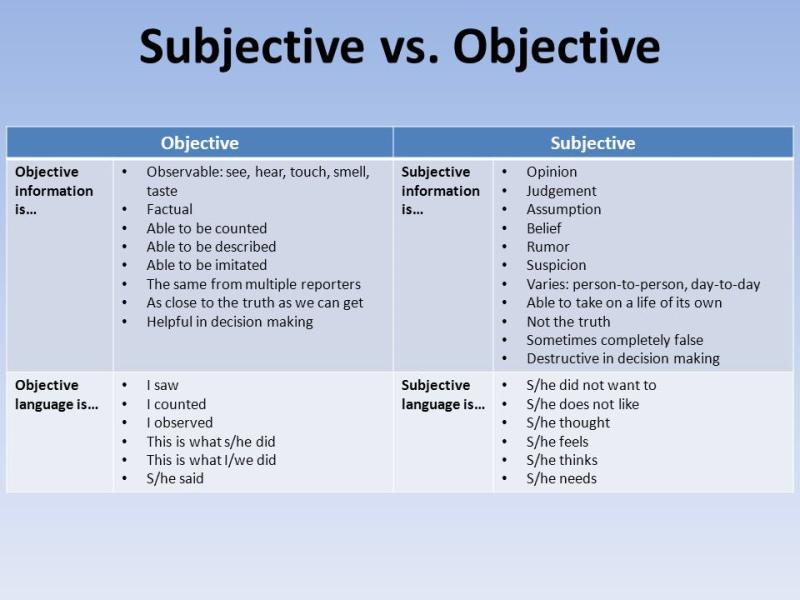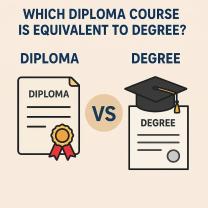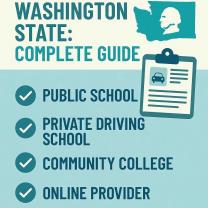What is an objective question on a test?
An objective question on a test is a type of question that has a clearly defined and correct answer. These questions are designed to assess specific knowledge, facts, or skills and typically have only one correct response. Objective questions are in contrast to subjective questions, which involve more open-ended and interpretative answers.
Characteristics of objective questions include:
Clear Correct Answer:
- Objective questions have a definite correct answer that can be objectively determined based on the content being assessed.
Limited Response Options:
- Test-takers are usually presented with a set of predefined response options, and they choose the one that best fits the question.
Scoring Objectivity:
- Scoring is straightforward, as each response is either right or wrong. There is little room for subjectivity in evaluating answers.
Efficiency in Grading:
- Objective questions are often more efficient to grade, especially in large-scale assessments, as scoring is based on predetermined criteria.
Common types of objective questions include:
Multiple-Choice Questions (MCQs):
- Test-takers choose the correct answer from a set of options. Each question has only one correct response.
True/False Questions:
- Test-takers indicate whether a statement is true or false. These questions are binary in nature.
Matching Questions:
- Test-takers match items from one column with corresponding items in another column.
Fill-in-the-Blank (or Short Answer) Questions:
- Test-takers provide a brief response to complete a sentence or answer a question. These questions may have a single correct answer.
Multiple True-False Questions:
- Similar to multiple-choice questions, but test-takers must identify all correct statements from a list of options.
Numeric Response Questions:
- Test-takers provide a numerical answer to a question, often without a set of predefined response options.
Objective questions are widely used in various types of assessments, including exams, quizzes, and standardized tests. They are particularly effective for assessing knowledge of specific facts, concepts, or procedures. However, they may have limitations in evaluating higher-order thinking skills, critical analysis, or creativity, which are better assessed through subjective or open-ended questions.
Objective Questions in Tests and Exams: Characteristics, Differences, and Formats
1. Characteristics of Objective Questions:
- Clear and concise: The wording should be unambiguous and easy to understand.
- Predefined answer choices: Options are provided for the test-taker to choose from, eliminating ambiguity and subjectivity.
- Single correct answer: Only one option is considered entirely accurate, allowing for unambiguous scoring.
- Focus on factual recall or specific skill application: Designed to assess knowledge and skills within a defined area.
- Reduced bias: Minimizes potential bias in scoring as the answers are predetermined.
- Efficient assessment: Allows for testing a large amount of material in a relatively short time.
2. Differences from Subjective Questions:
- Objectivity vs. Subjectivity: Objective questions have a clear and single correct answer, while subjective questions require interpretation and allow for a range of valid responses.
- Answer format: Objective questions offer pre-defined choices for selection, while subjective questions require open-ended written responses.
- Assessment focus: Objective questions typically assess factual recall and specific skills, while subjective questions often require higher-order thinking skills like analysis, evaluation, and synthesis.
- Scoring: Objective questions are usually scored quickly and objectively, while subjective questions require more time and subjective judgment from the grader.
3. Common Formats of Objective Questions:
- Multiple Choice: The most common format, offering several options from which the test-taker selects the single correct answer.
- True/False: Requires the test-taker to identify statements as true or false.
- Matching: Pairs items from two lists based on specific criteria.
- Fill-in-the-Blank: Requires the test-taker to complete a statement by filling in the missing word or phrase.
- Ordering or Ranking: Requires the test-taker to arrange items in a specific order based on a given criteria.
Each format has its own advantages and disadvantages depending on the specific learning objectives and assessment goals. Choosing the appropriate format depends on the type of knowledge and skills you want to assess and the desired level of complexity and analysis.











